Proxies act as intermediaries, masking your IP address when connecting to the internet. While both datacenter and residential proxies provide anonymity by hiding your real IP, they have distinct characteristics that make them suitable for different purposes.
Choosing between datacenter and residential proxies depends on various factors, such as your specific use case, budget, and the level of anonymity required. Understanding the key differences between these two types of proxies is crucial for making an informed decision.
In this article, we’ll dive deep into the world of datacenter and residential proxies, exploring their unique features, advantages, and disadvantages. By the end, you’ll have a clear understanding of which proxy type best suits your needs.
What are residential proxies?
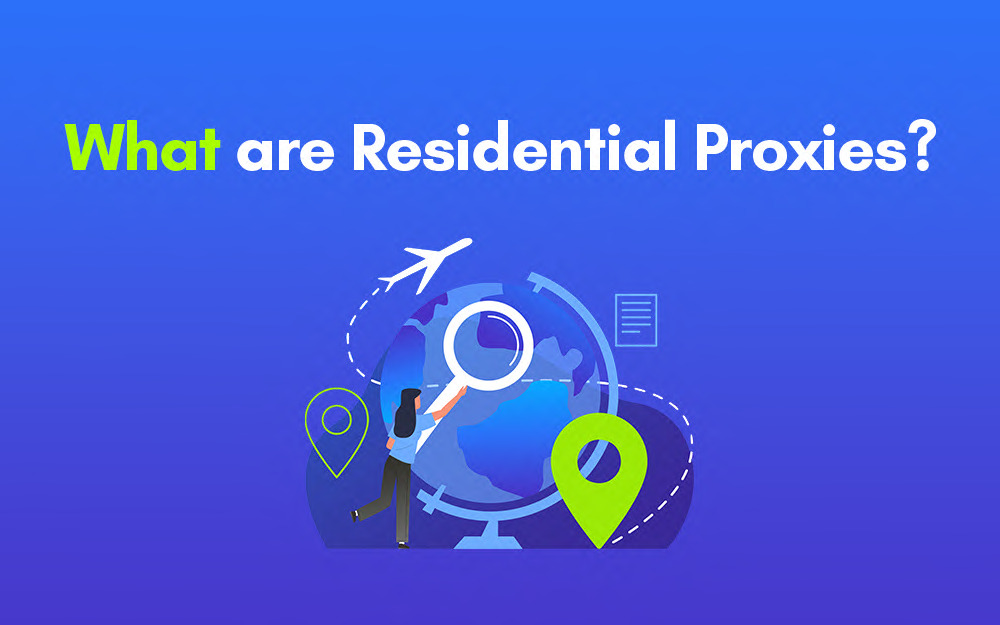
Residential proxies stand out by leveraging IP addresses that are legitimately assigned by ISPs to residential users. These IP addresses are tied to real-world devices, such as household computers and mobile phones, which enhances their legitimacy. This genuine attribute is crucial, as it enables users to navigate online spaces with the appearance of a typical internet user based in a specific location.
This realism makes residential proxies exceptionally effective for accessing sites with stringent security protocols that target automated traffic. Because these proxies simulate the browsing patterns of real users, they tend to bypass detection by sophisticated anti-bot systems. This makes them particularly advantageous for use cases where authenticity is critical, such as market research or brand protection.
However, the benefits of residential proxies come with certain trade-offs. The dependency on actual user devices to obtain these IPs can lead to reduced connection speeds compared to their datacenter counterparts. Furthermore, the process of ethically sourcing and maintaining these IP addresses results in higher costs, reflecting the value of their authenticity and reliability. Despite these challenges, residential proxies are indispensable for tasks requiring genuine interaction and accurate geographical representation.
What are datacenter proxies?
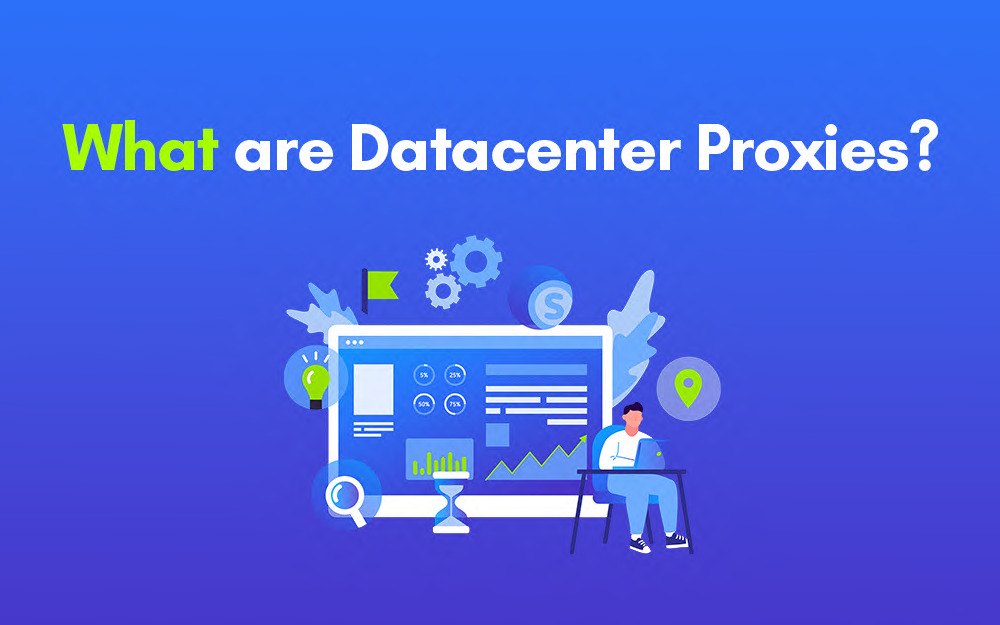
Datacenter proxies are IP addresses that originate from secondary corporations, not Internet Service Providers (ISPs). These proxies are created in bulk and come from data centers and cloud hosting services, providing completely private IP authentication and anonymity.
One advantage of datacenter proxies is their faster speeds compared to residential proxies. The shorter request journey from the data center to the target website results in quicker response times. Additionally, datacenter proxies are generally more affordable than residential proxies, making them an attractive option for those on a budget.
However, since datacenter proxies are not affiliated with ISPs, some targets may flag them as suspicious. Websites with strict anti-bot measures can more easily detect and block datacenter IPs, which can hinder your online activities. Despite this drawback, datacenter proxies remain a popular choice for many users due to their speed and cost-effectiveness.
Key differences between residential and datacenter proxies

IP Address Origin
The distinction in IP address origin between residential and datacenter proxies lies in their creation and association. Datacenter proxies are generated by data centers, providing IP addresses that are not tied to any ISP or physical location. They operate within a controlled environment that facilitates the production of numerous IP addresses efficiently. In contrast, residential proxies derive from IP addresses that ISPs assign to household devices. This means they are intrinsically linked to the geographic location and network of real users, offering a more genuine appearance online.
Anonymity and Detectability
Anonymity levels differ significantly between these two types of proxies. Residential proxies benefit from the natural browsing behavior of real users, making them less likely to be flagged by security systems that monitor for automated traffic. Their integration into everyday networks allows them to blend seamlessly into regular internet traffic. Datacenter proxies, while effective for many tasks, can face challenges in environments with strict security protocols. Their lack of real-world association makes them easier for advanced detection systems to identify as non-human traffic, which can lead to restrictions or bans on certain platforms.
Connection Speed
Speed is a critical factor when comparing these proxies. Datacenter proxies excel in delivering high-speed performance due to their placement within robust and high-capacity data centers. This infrastructure is optimized for handling a large volume of requests swiftly, making them suitable for tasks requiring rapid data processing. On the other hand, residential proxies depend on the bandwidth and stability of individual user connections. This reliance on consumer internet services can introduce variability in speed, which may be a consideration for users with time-sensitive operations.
Pricing and Cost
When evaluating cost, datacenter proxies present a more economical option due to the scalable nature of their IP production. The mass generation of IPs within a data center allows providers to offer these proxies at a lower price point, making them accessible for budget-conscious users. Residential proxies, however, involve higher costs because they depend on obtaining legitimate IP addresses through agreements with real users. This process ensures compliance and ethical use, reflecting in their premium pricing, which is justified by the enhanced legitimacy and reduced risk of detection they provide.
Choosing the right proxy for your needs
Selecting the most suitable proxy type requires a careful evaluation of your specific objectives and the digital landscape you navigate. For operations like data extraction from platforms with robust security frameworks, residential proxies offer a distinct advantage. They emulate genuine user activity, which is critical for bypassing anti-bot systems and ensuring uninterrupted access to vital data.
Conversely, if your priority is rapid execution and the platforms you engage with are less restrictive, datacenter proxies present an appealing option. Their infrastructure supports swift data throughput, making them ideal for tasks such as real-time analytics or bulk data transfers. Furthermore, their cost-effectiveness is beneficial for operations constrained by financial considerations. This makes them preferable in scenarios where authenticity is less of a concern but speed is paramount.
Geographical considerations also play a significant role in proxy selection. Residential proxies excel in providing precise location data, making them invaluable for businesses targeting regional markets or conducting location-specific testing. Their connection to real-world networks allows for accurate representation across diverse locales. While datacenter proxies may not offer the same level of geographical specificity, their performance can be advantageous in applications where speed is critical, and location is secondary.
Ultimately, the choice between residential and datacenter proxies depends on your unique requirements, balancing factors such as anonymity, speed, cost, and location accuracy. By understanding the distinct characteristics of each proxy type, you can make an informed decision that aligns with your goals and ensures optimal performance in your online endeavors. If you’re ready to experience the benefits of high-quality proxies firsthand, 👉 Start Your Free Trial Now 👈 – we’re here to support you every step of the way.


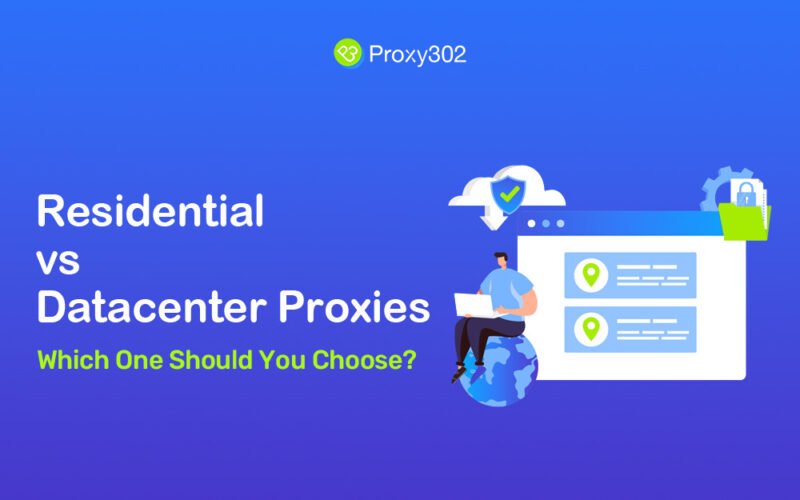
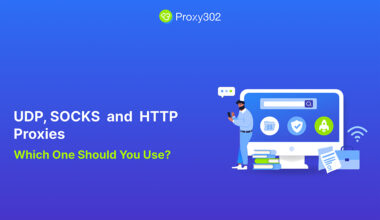
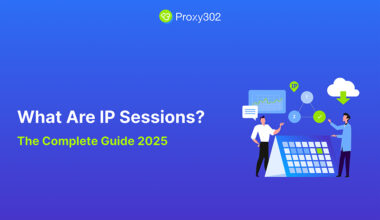
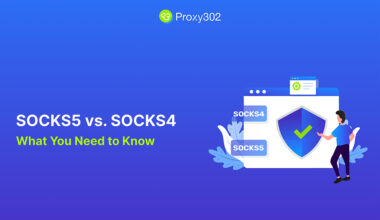
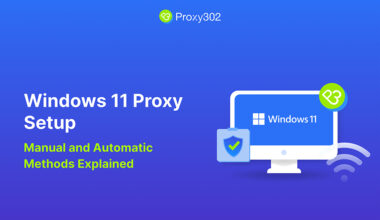
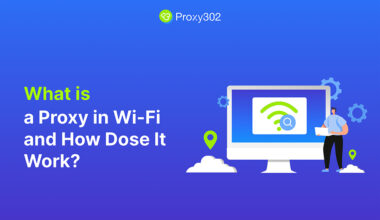
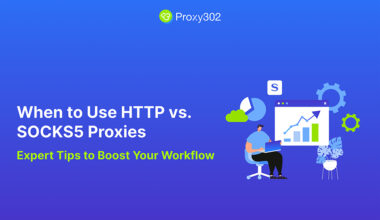
7 comments
Can you be more specific about the content of your article? After reading it, I still have some doubts. Hope you can help me.
I don’t think the title of your article matches the content lol. Just kidding, mainly because I had some doubts after reading the article.
Thanks for sharing. I read many of your blog posts, cool, your blog is very good.
I don’t think the title of your article matches the content lol. Just kidding, mainly because I had some doubts after reading the article.
I don’t think the title of your article matches the content lol. Just kidding, mainly because I had some doubts after reading the article.
I don’t think the title of your article matches the content lol. Just kidding, mainly because I had some doubts after reading the article.
I think the key takeaway here is how crucial it is to understand your specific needs. If you’re running a small campaign and need speed, datacenter proxies are ideal. But for large-scale scraping or anything that might trigger flags, residential proxies seem like the better bet.